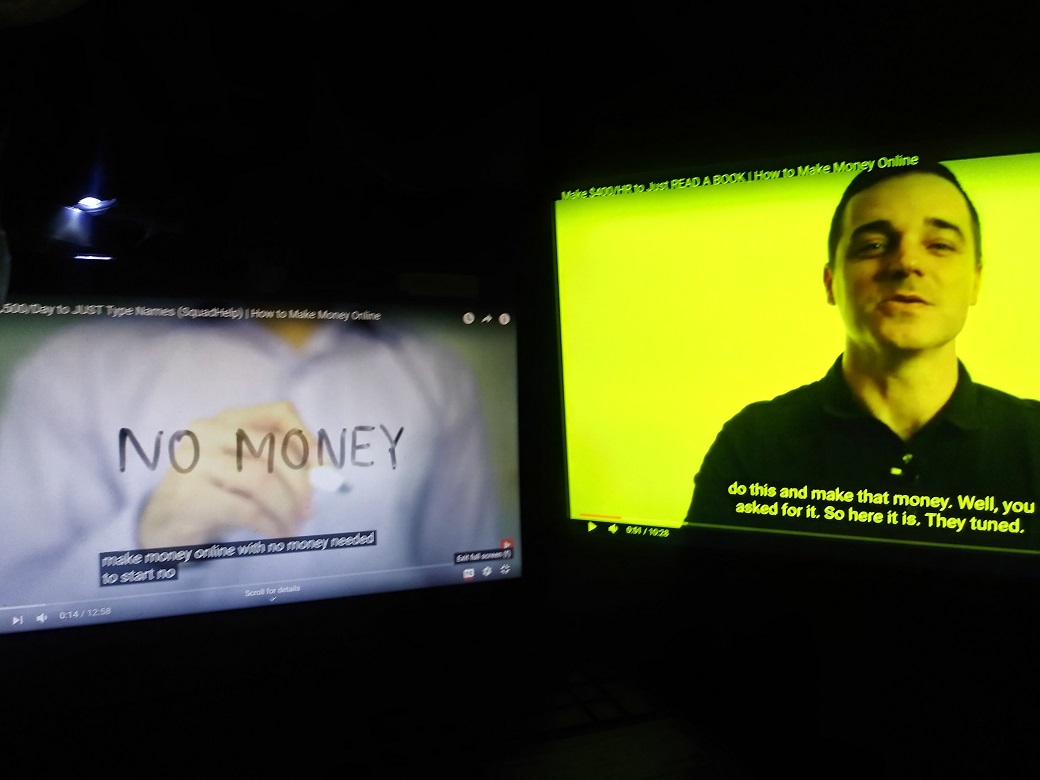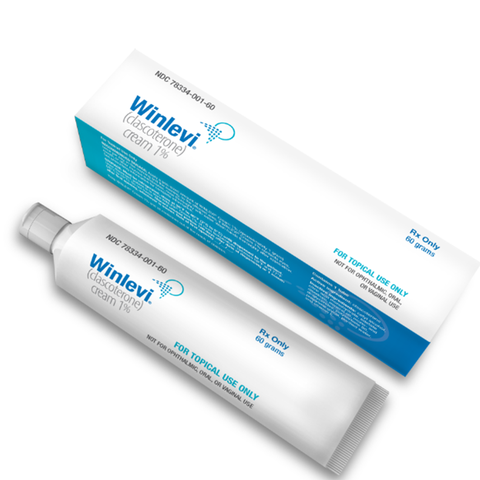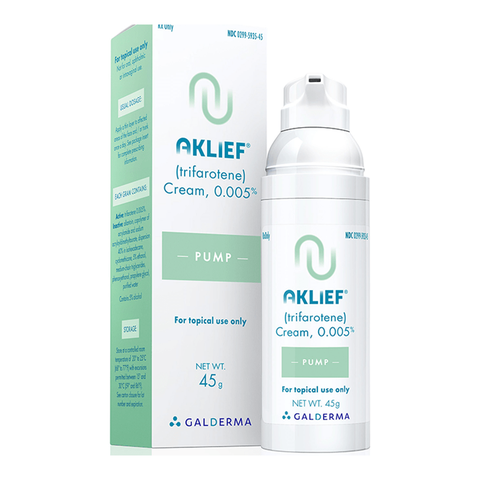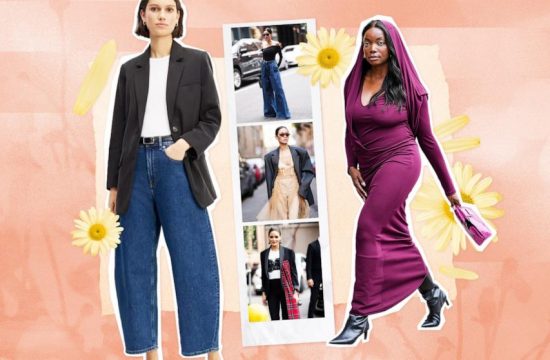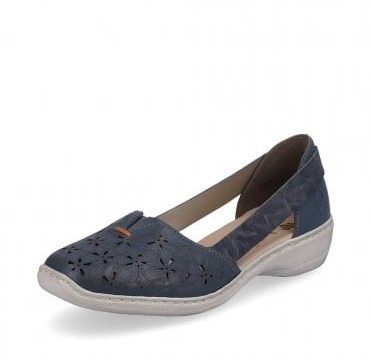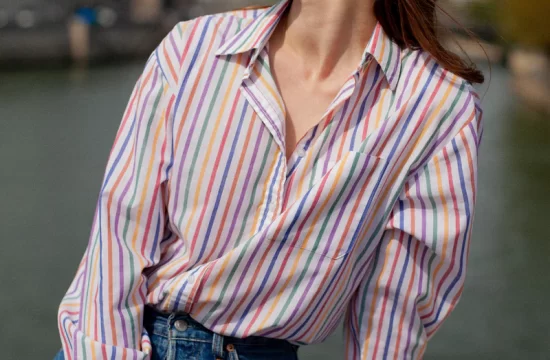My cystic acne started in my early twenties. On what had been an impossibly clear complexion throughout puberty and high school, deep pimples started forming almost every day, leaving my face riddled with red scars alongside fresh angry bumps. I spent countless evenings in my bathroom poking, treating, or just staring at the breakouts from my cheekbones to my jawline. This continued into my thirties. (Though I was never diagnosed with body dysmorphic disorder, I may well have suffered from it; a 2020 study showed a high prevalence in those with acne.) Each morning, I layered on makeup. I avoided eye contact with coworkers and even my friends.
Back then, I felt alone, but I wasn’t. According to the American Academy of Dermatology, up to 15 percent of women have acne, but it is on the rise among adults, both women, and men, and some believe the numbers are higher. “Based on surveys and my own experience, I’d say up to 40 percent of women in their thirties are dealing with some form of acne,” says New York dermatologist Joshua Zeichner.
This content is imported from Instagram. You may be able to find the same content in another format, or you may be able to find more information, at their web site.
Closing that gap between perception and reality—and helping those with acne feel supported—is the goal of social media’s acne positivity movement. Influencers with hundreds of thousands of followers post unfiltered, makeup-free selfies of pimples and scars with pride, and acne care brands like Starface, ZitSticka, and Banish attempt to normalize the condition they treat, rather than shame it.
Even celebrities are joining in. “To all the people struggling with this please know you’re not alone and that you are still so fucking fine! MY ACNE AINT NEVER STOPPED ME,” wrote actress KekePalmer on her Instagram acne reveal last December, to nearly 1.3 million likes.
“I’ve struggled with acne my entire life, and I never saw people like me in skin care ads,” says 25-year-old MikZazon (aka @mikzazon), a body- and acne-positive influencer in Columbus, Ohio, with nearly 900,000 followers.“I thought I was this ugly person with some sort of disease; that people were looking at me and just wanted to fix me. The acne-positive community is about showing skin that is normal.”
But there’s a big difference between standing up to beauty standards and white-knuckling through the stigma, stress, and even physical pain that can come with acne. “A lot of people with severe acne are more likely to be depressed,” says Karan Lal, DO, MS, a dermatologist in Worcester, Massachusetts, who specializes in pediatric and adult acne. A 2020 review of 42 studies in the Journal of the American Academy of Dermatology showed a significant link between acne and depression and anxiety.
“Almost every day, [an adult patient]cries in my office about their acne,” says Cybele Fishman, MD, a holistic dermatologist in New York City and my derm.“When I ask, ‘How does this make you feel?’ the responses I get are: ‘I don’t signup for projects at work that will have a presentation or ‘I haven’t had sex in two years because I’m terrified to take off my makeup.’ It makes them feel really, really, really bad.”
Derms often treat adult acne with prescription topical retinoids, birth control pills, antibiotics, or an off-label oral medication called spironolactone (which blocks acne-causing hormones in women). Two new topical prescriptions—Winlevi and Aklief—came to market in the last two years. But oral isotretinoin (which goes by many brand names but is commonly referred to by the now-discontinued name Accutane) is considered a potential cure for acne, according to the American Osteopathic College of Dermatology (AOCD), as about half of patients can stop treatments altogether after a four- to six-month course. “It’s very effective,” Lal says. However, rumors of potentially dangerous side effects have held patients back, myself included.
Even if I did take isotretinoin and it worked, I worried I’d just cure a symptom of an underlying medical problem, instead of the problem itself. My doctors ruled out polycystic ovary syndrome, a serious condition that can trigger acne (and that was, in fact, the cause of Palmer’s breakouts). In my quest to find a solution, I sought out allergy tests, special diets, and herbal remedies; I tried hundreds of creams, high-tech tools, and even meditation. The answer, it seemed, was always just one more Google rabbit hole away. Yet it never really was. Eventually, it was clear that the stress of my struggle was much worse for my body than any pill I was avoiding.
“People think of Accutane as an aggressive medicine, but it’s just a synthetic[derivative of ] vitamin A, and every cell in your body has receptors for it. It’s not foreign,” says Fishman, who avoids pre-scribing oral antibiotics for acne, as they can cause resistance and long-term microbiome imbalances.
According to the AOCD, the most common side effects of isotretinoin include extra-dry skin, lips, and nose, and irritated eyes. There is also an extremely high risk of birth defects if a patient gets pregnant (abstinence or two forms of birth control are required). But Lal and Fishman say the data surrounding the bigger concerns like adverse mental health or digestive effects has been controversial and may be overblown.
This content is imported from Instagram. You may be able to find the same content in another format, or you may be able to find more information, at their web site.
Zazon is one of a handful of skin-positive influencers who’ve chosen to take isotretinoin and chronicle their experience. “What I think a lot of people don’t understand about acne is that it’s not just how it looks, it’s genuinely very painful,” says Zazon, who often iced her face due to pain and inflammation. She shares her mental health diagnoses with her followers and says she took isotretinoin with mental health support. “Acceptance doesn’t mean that you have to accept what’s painful. You can make your own choices and exercise your autonomy.”
That is ultimately the crux of acne positivity. “We want to give women choices they can feel good about, regardless of which ones they make,” Fishman says.
While isotretinoin isn’t the cure for everyone, my six-month course took me to 99.9 percent clear and lifted a two-ton boulder of stress off my shoulders. I think about the hours in front of a mirror and wonder what I could have done with that time back. Or maybe it made me stronger and more empathetic. But my real regret is not having a community in the exact same boat to help me feel okay.“The more that I talked about it, the more I began to accept myself as I am,” Zazonsays. And if her growing follower count is any indication, she’s far from alone.
This article originally appeared in the June/July 2021 issue of ELLE Magazine.
This content is created and maintained by a third party, and imported onto this page to help users provide their email addresses. You may be able to find more information about this and similar content at piano.io

